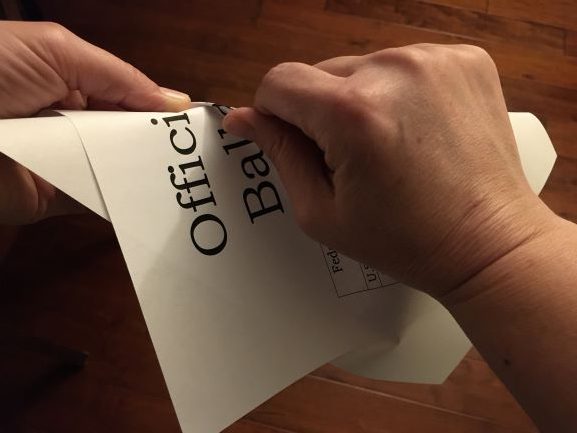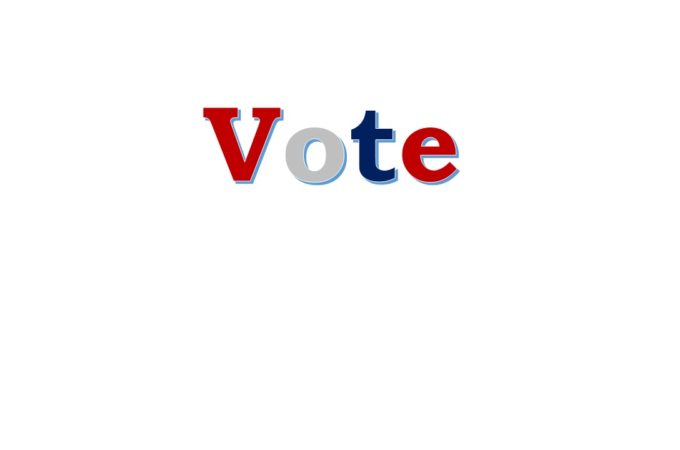
Love and Let Die: America’s Healthcare System
Imagine someone you love died because they didn’t have health insurance and couldn’t afford the costs of the medical treatment or medicine they needed to live.
We don’t have to imagine such scenarios. Tens of thousands of people in the United States die each year because of a lack of adequate health insurance.(1) Health insurance and medical costs for millions of Americans are too expensive.(2) According to a recent study, medical expenses contribute to most bankruptcies in the U.S.(3) As a result of insufficient health insurance coverage and the exorbitant costs of healthcare, individuals are often denied medical care or make the difficult choice to refuse, delay or ration health care to ensure they can provide for their family and/or maintain financial stability.(4)(5)
Numerous studies show that income and wealth are directly correlated to health and access to healthcare in the United States.(6)(7)(8)(9) Of course, health and access to medical care are equally important for every individual regardless of income or wealth. Access to healthcare is a human right. It is morally indefensible to determine life and death medical decisions or base an individual’s access to medical care on money or financial gain.
Discussions on the role of government, free market economics, economic inequality, and the interplay of these issues in regards to the delivery and cost of medical care have spawned an acrimonious debate about the nature and direction of health care in the United States. What is clear is that health care in the United States is broken; even the United States government explicitly acknowledges this fact.(10) And during times of national crisis (e.g., the coronavirus pandemic) and financial stress, the unsustainability of the current health care system becomes even more obvious. There are several different healthcare systems in developed economies throughout the world that can help inform healthcare in the United States. Nearly every developed country in the world has some iteration of universal healthcare or a single-payer healthcare system except the United States. And many of these countries with government healthcare systems have better medical outcomes and outperform the healthcare system in the United States including Sweden, Germany, and France among others.(11)
Critics of universal healthcare or single-payer healthcare systems claim that patients have a limited choice of doctors, long waiting times for medical appointments and procedures, and high costs. Such critics seem to ignore the fact that the U.S. healthcare system is characteristic of a limited choice of doctors/providers for most individuals (just consult your HMO or PPO plan unless you can afford the out-of-network costs), long waiting times for appointments or procedures(12)(13) and high medical costs. Others claim that universal healthcare or single-payer healthcare systems equate with socialism. The term socialism used in this context is patently false; critics who claim a government healthcare system is “socialism” clearly don’t understand what socialism is. Although different things can be meant by the term, socialism as a political and economic theory is in essence, government ownership and control of the production and distribution of all goods and services without private ownership or private property. The United States establishing a universal healthcare or single-payer healthcare system hardly qualifies as socialism. Further, critics of a universal or a single-payer healthcare system rarely acknowledge that the U.S. already has government healthcare in the form of Medicare, Medicaid, and the VA.
With the enactment of the Affordable Care Act (Obamacare) in 2010, some progress has been made.(14)(15)(16)(17) Yet, a universal healthcare or a single-payer healthcare system is critically needed in the United States. Every individual has the right to medical care commensurate with their medical needs regardless of income or wealth.
Now is the time to act. Contact your elected officials to advocate for equal health care for all:
Support these organizations:
1. UHCAN
2. PNHP
References:
3. EurekaAlert!
4. NCBI
5. CDC
6. The Balance
7. Urban
8. US News
9. PNHP
10. U.S. National Library of Medicine
14. Stat News
16. APHA


